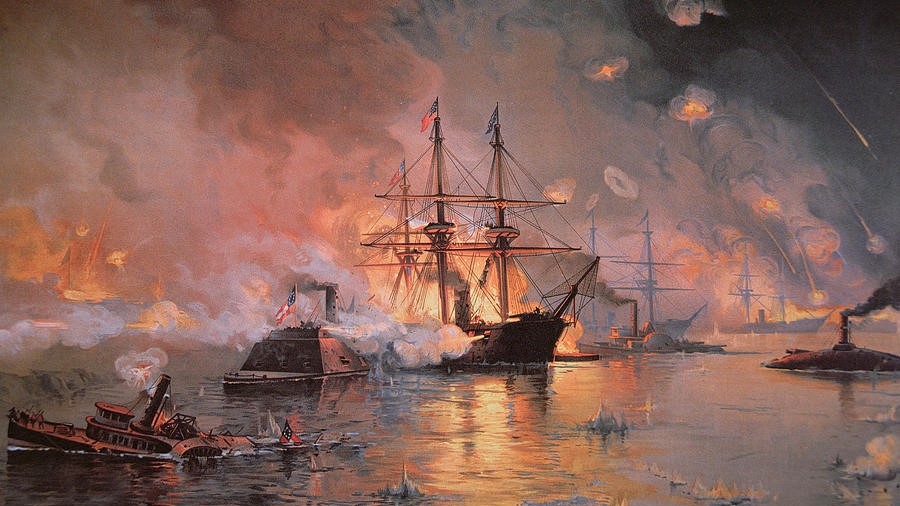Back
Seeds of Destruction: How America Lost its Identity

NEW INTERVIEW with Mark Weber.
Listen to “Seeds of Destruction: How America Lost its Identity | Mark Weber” on Spreaker.
► Video (Odysee)
► Video (BitChute)
► Audio (Podcast version)
THE CULT – Exclusive Content for Members Only! Sign up here.
Guide to Kulchur depends on your help to survive and succeed. Visit the Donate page to find out how you can support my work.
Leave a Reply to Gaddius Maximus Cancel reply
Note on comment privacy & moderation
Your email is never published nor shared.
Comments are moderated. If you don't see your comment, please be patient. If approved, it will appear here soon. Do not post your comment a second time.
13 comments
If it’s a topic you’d both be interested in doing I’d love to see a discussion of the American civil rights movement.
Thank you both for your incredible work.
Thank you.
Maybe a show playing around with alternate timelines or historical what-if’s.
For example:
What if the Painter would’ve chilled after gaining the Sudetenland and not eyed Danzig?
That type of thing.
Greetings Mr. Midjord,
I would like Mr. Weber to address the topic of language proficiency. How important is it to follow this protocol when reading history?
Secondly, as a historian himself, how does he see the various trends in history writing, like the Annales school in France, that have arisen over the last hundred or so years? Does he associate himself with any such school of thought?
Lastly, whom does Mr. Weber regard as his favourite historian?
Regards,
Do you mean to ask whether language skills have declined among modern historians?
Precisely.
Due to the sheer bombardment of data and raw information on cyberspace, there has set certain laziness with respect to approaching a prestigious subject like history. This vulgarization has affected both the reader and writer.
For instance, given the resources now at my disposal due to the world wide web, if I am writing something about Norway or Norwegian history and I am not familiar with the language then I am being lazy.
On the contrary, if I am familiar with the language and then twisting the facts to favour a certain ‘official’ line then I am being deceptive.
Either way, I am committing intellectual dishonesty by indulging in linguistic somersaults.
Sounding authoritative in public when, in reality, one is not, ultimately, dumbs down the audience thereby destroying the overall intellectual space.
Regards,
General Plan Ost. what is true/false fabricated. misleading etc
Perhaps a discussion on how to overcome the Jewish slander machine of which he himself has fallen victim. How can we overcome their monopoly on information and unlimited funding that they use to slander and libel in the public eye anyone who points a critical finger at them and their myths.
I’m interested in Freemasonry, it’s affect on world history, and it’s relation to the JQ.
Hello. I have a few ideas that are related, but I’m not sure what would make a good central topic. So I’ll just just say, it would be nice to have an episode about the history of historical revisionism. This could include the story of Mark Weber himself, the IHR, other figures like Robert Faurisson, David Irving, Ernst Zundel, Germar Rudolf, maybe the legal trials of these historians, and the rising tide of censorship over the years emanating first from Germany to the rest of Europe, and even now in the United States. It’s an expansive subject, so maybe just a few of these ideas would work in podcast form. Thanks.
This is a good one. I’d like to hear that myself.
It’s probably a bit a a sticky subject but I would love to hear him talk about the halocaust, specifically separating fact from fiction. I’d love to hear him talk about the incident’s on the Russian front and explain what actually happened, where were atrocities committed, by whom and how we know. In a similar vein I would love to hear him speak about the SS in that context and address the idea that they were responsible for said atrocities. My understanding is that their were mass shootings on the eastern front and that they were committed by a very small number of SS troops and reserve police battalions as opposed to the SS as a whole. In short, what I’d like him to address is what he thinks actually happened (not what didn’t happen) and why he thinks what he does. I’m just so used to people taking up extreme positions on either end ie the Germans killed everyone etc or that they wouldn’t hurt a fly. Likewise revisionists often focus on debunking and explaining what why X didn’t happen which is perfectly understandable in my view but with that said it leaves me with a fairly uncertain picture as to what did actually happen and how we know. I hope that makes sense.
Thanks for the great content.
The previous suggestions by Sonnen and Shanr would be great topics: a history of Weber, his contemporaries and IHR, and an objective discussion of WW2 atrocities. I second both.